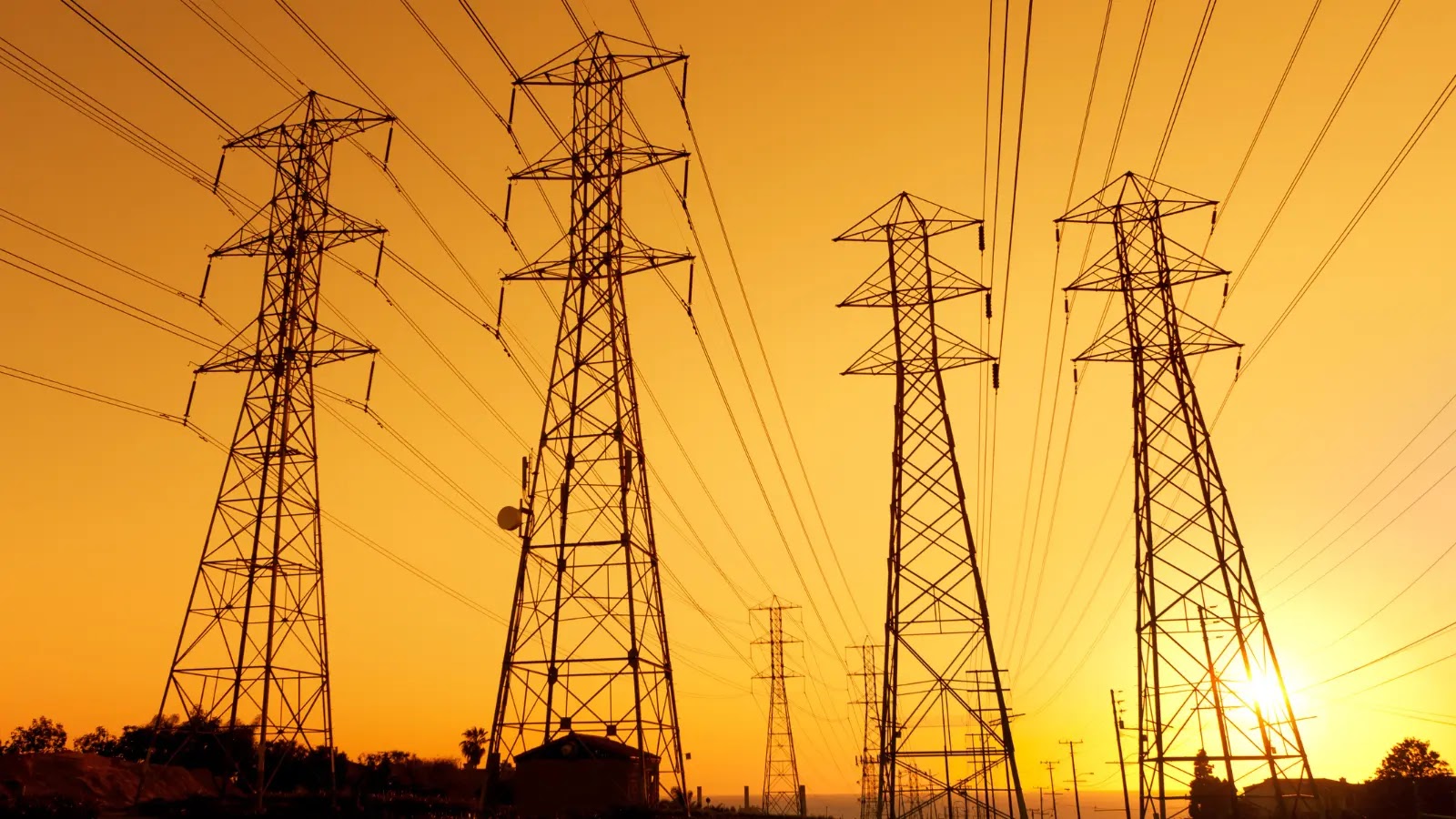On April 28, 2025, a massive power outage swept across Spain and Portugal, leaving over 50 million residents without electricity and causing widespread disruption to daily life. The blackout, which began around 12:30 PM local time, affected major cities including Madrid, Lisbon, and Barcelona, and extended to parts of southern France and Andorra. Notably, Spain’s island territories—the Canary Islands and Balearic Islands—were spared due to their independent power generation systems.
Immediate Impact on Infrastructure and Services
The sudden loss of power had immediate and far-reaching effects:
– Transportation: Subway and railway services ground to a halt, leaving thousands of commuters stranded. Airports operated on backup generators, leading to significant flight delays and cancellations. In Madrid alone, over 300 flights were delayed, while Lisbon’s airport reported nearly 250 delays.
– Communication: Mobile networks and internet services experienced significant disruptions, rendering communication difficult. Cloudflare Radar data indicated a 30% drop in internet traffic in Portugal and a 37% decrease in Spain following the outage.
– Public Services: Traffic lights became nonfunctional, causing chaos on the roads. Emergency services, including hospitals and fire departments, switched to backup generators to maintain critical operations. However, some medical procedures were postponed due to the unstable power supply.
– Daily Life: Many individuals found themselves trapped in elevators, and businesses, including ATMs and retail stores, were forced to close temporarily. Citizens scrambled to find alternative power sources, such as battery-powered radios and generators, to stay informed and maintain some level of normalcy.
Investigations into the Cause
The exact cause of the blackout remains under investigation, with several theories being considered:
– Technical Failure: Initial reports from Spanish power distributor Red Eléctrica suggested a failure in Spain’s electricity distribution network. The company noted a sudden drop in electricity demand from 25,184 megawatts to 12,425 megawatts, indicating a complete collapse of the electrical system, referred to as a cero energético.
– Cyberattack: Given the scale and suddenness of the outage, some experts speculated that a cyberattack could be responsible. The Spanish Cybersecurity Coordination Office has launched an investigation, though officials caution that it is too early to draw definitive conclusions. Notably, Teresa Ribera, Vice President of the European Commission, stated that there are currently no indications of a cyberattack or sabotage.
– Environmental Factors: Portuguese authorities pointed to a rare atmospheric phenomenon as a potential cause. The country’s grid operator, Redes Energéticas Nacionais (REN), suggested that an incident in Spain’s network, possibly linked to environmental conditions, could have triggered the blackout.
Historical Context and Previous Incidents
This blackout is one of the most significant in recent European history. However, the Iberian Peninsula has faced similar challenges in the past:
– February 2022: Vodafone Portugal experienced a cyberattack that disrupted 4G and 5G services, fixed-line communications, and digital customer services. The attack affected millions, including emergency services, and took several days to fully resolve.
– May 2024: Spanish energy giant Iberdrola suffered a cyberattack that exposed the personal data of over 650,000 customers. The breach raised concerns about the vulnerability of critical infrastructure to cyber threats.
– October 2024: Severe storms in Portugal left around 48,000 people without electricity, primarily in the northern regions. The outages were attributed to falling trees and branches damaging power lines.
Government Response and Restoration Efforts
In response to the current crisis, both Spanish and Portuguese governments have activated emergency protocols:
– Spain: Prime Minister Pedro Sánchez visited Red Eléctrica’s control center to assess the situation. The government is coordinating with European authorities and neighboring countries to expedite the restoration process. Red Eléctrica has initiated emergency restoration plans, focusing on gradually restoring voltage across the peninsula. Full recovery is estimated to take between six to ten hours.
– Portugal: The government has established a task force to monitor the situation and coordinate recovery efforts. Prime Minister Luís Montenegro expressed hope for a swift resolution, though some officials warned that complete restoration could take up to a week. The Portuguese grid operator is working closely with Spanish counterparts to identify the root cause and implement corrective measures.
Public Safety Measures and Recommendations
Authorities have issued several recommendations to ensure public safety during the outage:
– Limit Travel: Citizens are advised to avoid unnecessary travel, especially by car, due to nonfunctional traffic lights and potential road hazards.
– Conserve Energy: Those with access to backup power sources are encouraged to use them sparingly to prevent overloading the system.
– Stay Informed: Residents should stay updated through battery-powered radios or other available means, as digital communication channels may be unreliable.
– Assist Vulnerable Individuals: Community members are urged to check on elderly or disabled neighbors who may require assistance during the outage.
Broader Implications and Future Considerations
This incident underscores the vulnerabilities inherent in modern power grids and the cascading effects that large-scale outages can have on society. It highlights the need for:
– Enhanced Cybersecurity Measures: Given the increasing frequency of cyberattacks targeting critical infrastructure, there is a pressing need to bolster cybersecurity protocols and invest in robust defense mechanisms.
– Infrastructure Resilience: Governments and utility companies must prioritize the modernization and maintenance of power grids to withstand both technical failures and environmental challenges.
– International Cooperation: As power grids are often interconnected across borders, collaborative efforts are essential to ensure stability and rapid response to incidents.
As investigations continue, authorities are committed to restoring normalcy and implementing measures to prevent future occurrences of such widespread disruptions.



